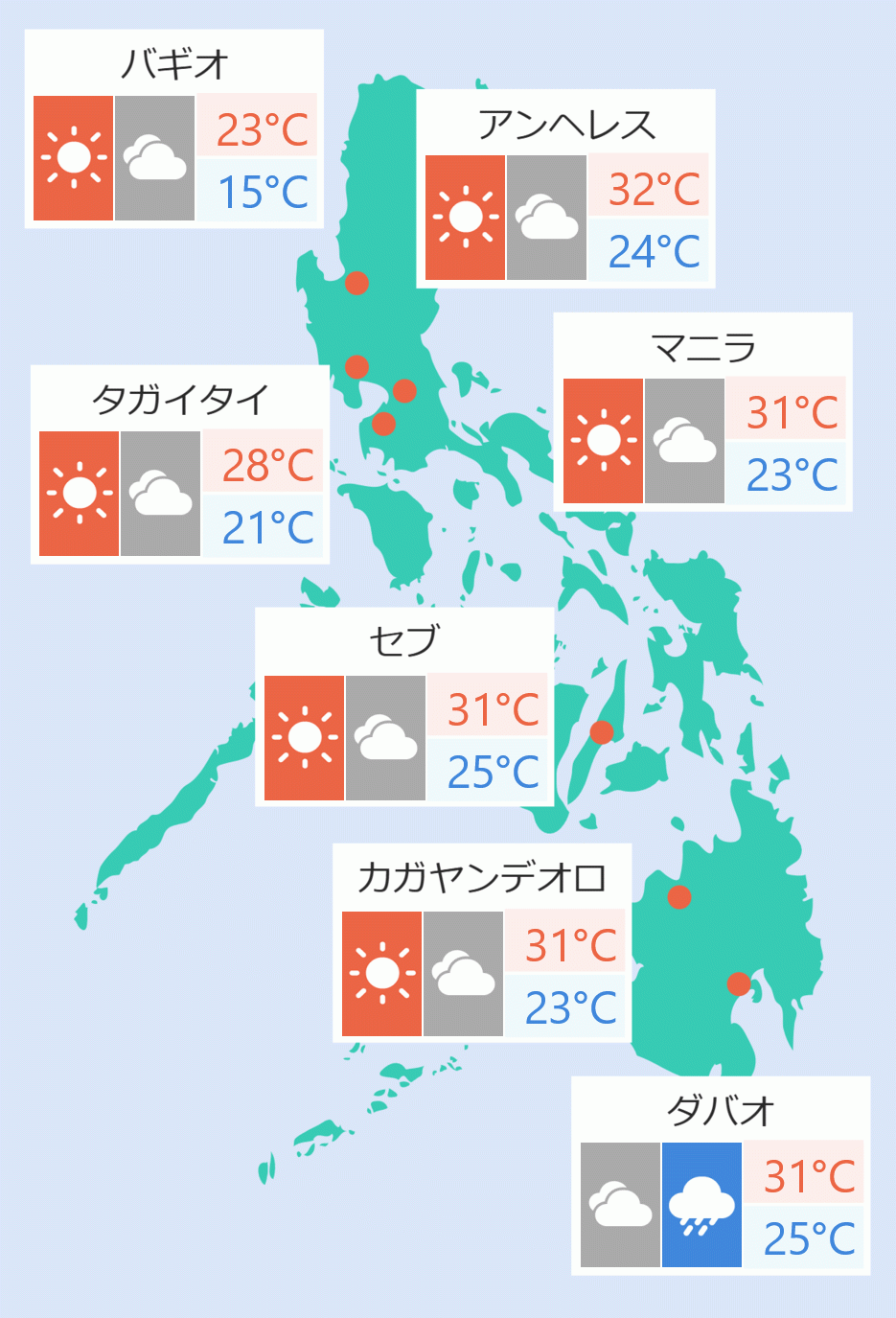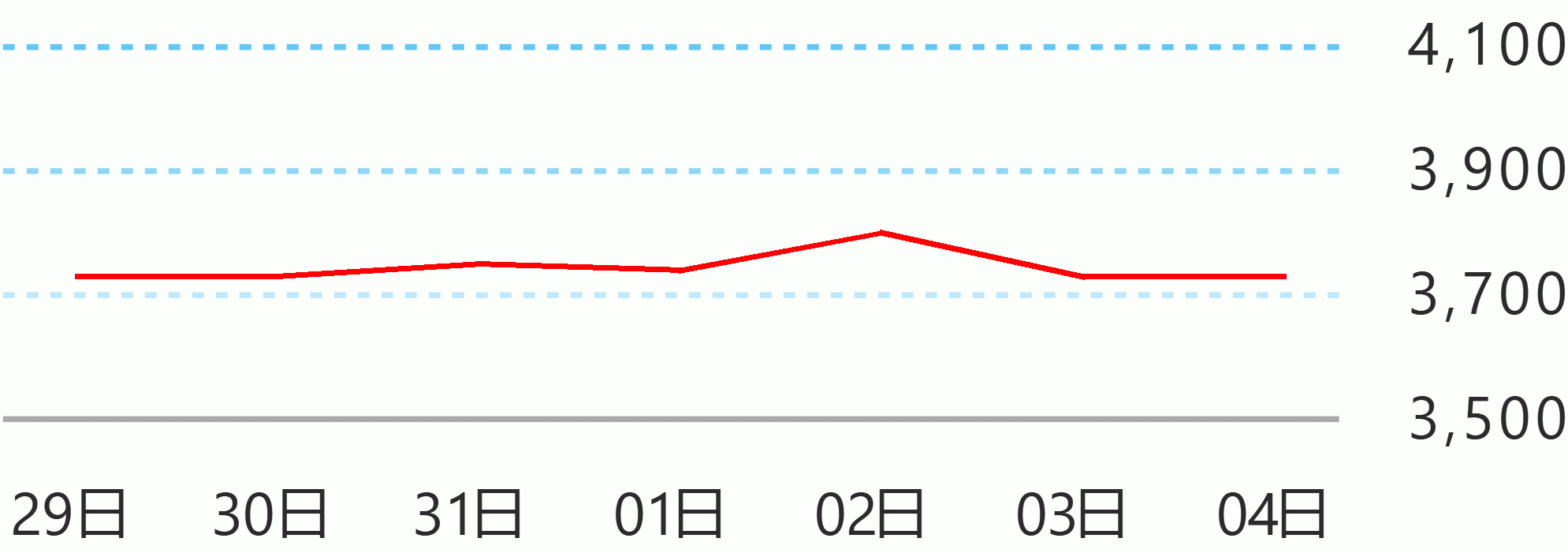Recognizing the threat posed by soil neglect to national food security and people’s livelihood and well-being, President Ferdinand Marcos Jr. on Wednesday called for increased collaboration among various stakeholders to avert future crisis.
Addressing the 1st National Soil Health Summit at the Diamond Hotel in Manila, Marcos said: “This summit is an opportune time for all of us here to collaborate, to share our wisdom and experience to improve our soil and boost our agricultural productivity, all while promoting sustainability and environmental protection.”
“This will play a pivotal role in nation building and in uplifting the lives of our people.”
With the discourse among leaders and the agriculture sector’s brightest minds, the President said he anticipates the Summit to spark more informed decisions and much-needed innovation.
Through sharing of information and enhancing programs related to soil health, he said that the country can promote sustainable soil use for the benefit of future generations.
On the part of the government, Marcos said his administration has come up with a 5-point priority agenda on soil and water management, such as the National Soil Health Program and the Implementation of Sustainable Land Management to ensure proper soil use and management, address land degradation, enhance crop productivity, and improve farmers’ income.
“The Administration shall empower the Bureau of Soil and Water Management to achieve these goals, especially through capacitating soil laboratories across the country to yield better data,” he pointed out, saying further that the agency under the Department of Agriculture (DA) must work with the Department of Environment and Natural Resources (DENR) and the Department of Science and Technology (DOST), among other agencies, to ensure the successful implementation of the said agenda.
“We are conducting a soil and land resources mapping and evaluation process that includes soil-based and land-based level assessments, soil sample analyses and digital map preparations under the Philippine Soil Land Resources Information program.”
At the same time, the Administration is also exploring Water Security for Climate Resilient Rainwater Technologies, and the conduct of Cloud Seeding Operations for Agriculture to improve water conditions in production areas, critical watersheds, and reservoirs to mitigate the effects of the El Nin?o phenomenon, he added.
The Marcos administration has made food security a top agenda and has been carrying out a number of initiatives to realize this goal.
One of the government’s thrusts is consolidating farmers’ cooperatives and associations and their lands as well as the introduction of new technologies and machinery to Filipino farmers, and giving them access to more efficient practices.
It also welcomed major investments in the agriculture industry from local and foreign investors, as part of the plan to provide farmers with the capital and tools they need to boost their productivity.
Among the growing soil problem in the country include degradation, acidification, and pollution.
The DENR reported that 75 percent of total cropland is vulnerable to erosion of various degrees, with agriculture losing about 457 million tons of soil yearly.
The conversion of lands for settlements and the loss of about 47,000 hectares of forest cover every year contributes significantly to soil degradation, DENR said, adding that around 11 to 13 million hectares are considered degraded.
This is on top of the 2.2 million hectares that suffer from insufficient levels of soil fertility, with improper use of fertilizers and pesticides causing soil pollution and acidity worsening the situation. Presidential News Desk





 English
English







